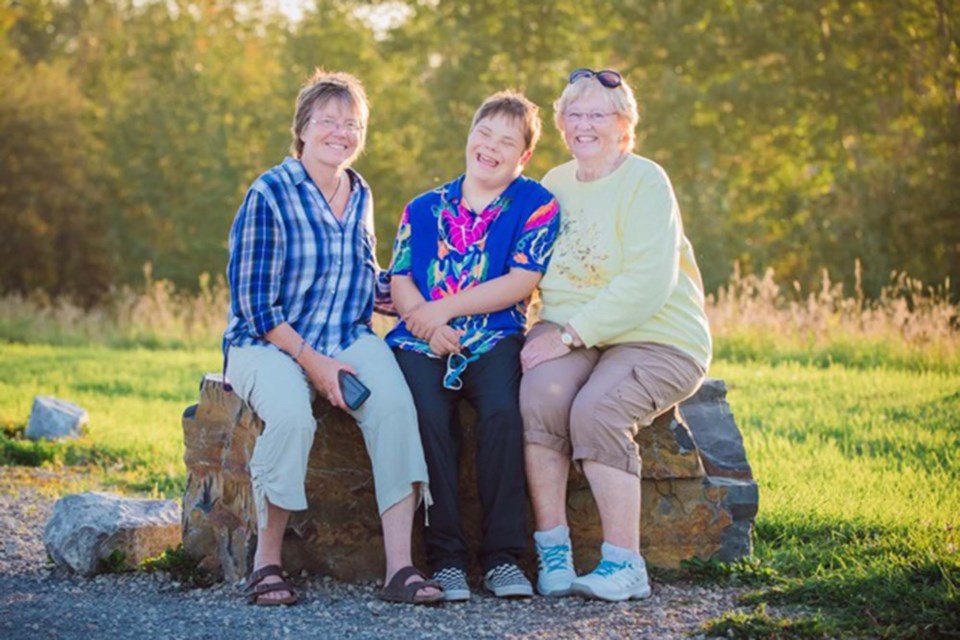St. Albert MLA Marie Renaud, the NDP critic for Seniors, Community and Social Services, is happy the province has re-indexed supports like Assured Income for the Severely Handicapped (AISH), but she doesn’t think it is enough.
“They cut this benefit in 2019 and then just watched people suffer for like, the next three years… the problem is that they’ve dug a deep hole and people have fallen in and people are at risk. The poverty has deepened,” she said.
On Nov. 29, Premier Danielle Smith along with Minister of Seniors, Community and Social Services, Jeremy Nixon, announced the province would be re-indexing social benefit programs.
“Albertans like low-income seniors and AISH recipients have limited flexibility to adapt to price increases. And right now, they're being steadily squeezed as inflation continues to eat away at their spending power,” said Smith during the press conference.
Social benefit programs like AISH, Income Support, the Alberta Seniors Benefit and Alberta Child and Family Benefit rates will see an increase by six percent to match the rate of inflation.
“Each one of these programs will see rates indexed to inflation so that payouts keep pace with the surging cost of living,” Smith said.
People on AISH and Income Support benefits will see an increase on their January payments, which will be distributed on Dec. 22.
For those on AISH who receive the maximum benefit, the payment will increase to $1,787 from $1,685. People on the maximum amount of Income Support with the ability to work will see their benefit rise from $745 to $790, and those on Income Support with barriers to full employment will see the maximum amount increase from $866 to $919.
The Alberta Senior Benefit will increase from $286 to $303 which will be reflected on January payments.
Alberta Child and Family Benefit will increase by six percent per child in the first quarterly payment in February 2023.
The increase in annual totals for one child is $120, for two children it is $198, for three children it is $260, and for four children the annual increase would be $307.
Renaud said the increase in these benefits is a drop in the bucket.
“There's a lot of other things that are contributing to the poverty. Once again, we're not seeing a comprehensive plan to address the cuts they've made in subsidized housing — to create new affordable and accessible housing; to address aids to daily living — which helps with medical supplies and equipment,” she said.
Renaud would like to see the benefit be applied retroactively to “at least undo the harm that was done.”
St. Albertan Carol Vogler’s grandson Erik is on AISH. Vogler would like to know where people who receive these supports would be if those supports hadn’t been taken away in the first place.
“I'm feeling a little deflated. I know that this government currently is swimming in money.
“I know what they've cut into service providers. I know what they've cut to aides in schools. I know what the ways they whittled away at people with disabilities,” she said.
Vogler said it’s been very hard for people for years.
“It's really hard to think that you don't really get it and just think that people can pick up their bootstraps or turn to somebody else and ask for help and it's going to be there,” she said.
Vogler would like to see two things from the province, the first being some sort of message that they get it and care about people who are on these supports, and that they would listen to service providers and families on things like support aides in schools.
“I don't know how we would have made it without Eric's aides in his school. They got to know him better. They got to translate things about him to us that we didn't notice or know. They became his safety spot. To think that families are coming into elementary school situations now without that aid support. I just can't imagine what we would have done.
“These families, these service providers give and give …they're not asking for the world, just a little bit of support,” said Vogler.



